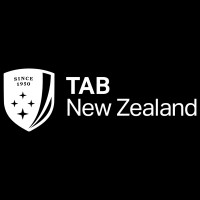
SPIELO
A Winning Combination. GTECH, the largest global lottery business, and IGT, the world leader in the gaming equipment space, have merged to create the world's leading end-to-end gaming company. By adopting the IGT name and GTECH's visual identity, we've melded two iconic brands into one. Together, we're uniquely positioned to provide the government-sponsored and commercial gaming industry with proven solutions across the entire continuum of products and channels. The SPIELO brand represents a complete range of end-to-end gaming products for diverse gaming segments, including distributed government-sponsored markets, commercial casino markets, and Amusement With Prize (AWP) markets.






